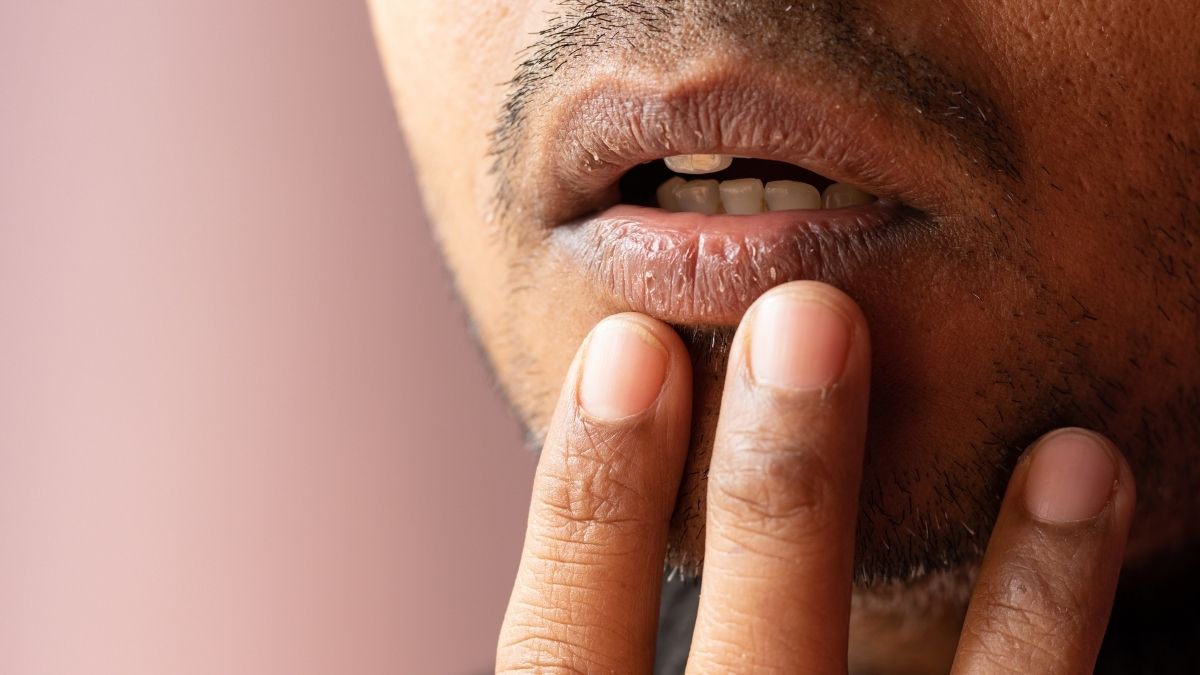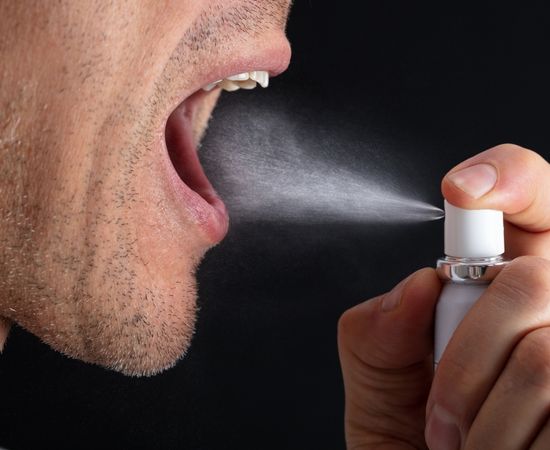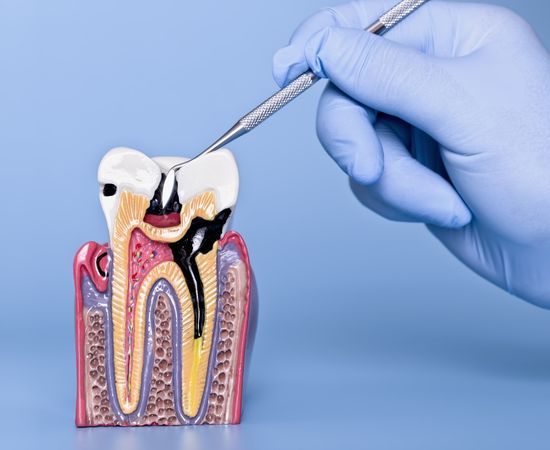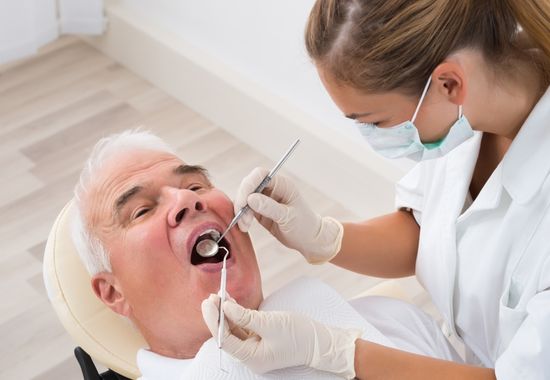I Need Help With Dry Mouth
Why See a Dentist for Dry Mouth?
Many people don’t realise that a dentist can help with dry mouth. While dentists are often thought of as looking after teeth, we actually care for the health of your whole mouth — including gums, tongue, jaw, and saliva. A healthy flow of saliva is essential to protect teeth, wash away food particles, and keep your mouth comfortable. When saliva is reduced, it can lead to discomfort, bad breath, and even dental problems if left untreated.


What Causes Dry Mouth?
There are many possible reasons for dry mouth, including:
- Side effects of common medications (for blood pressure, allergies, depression, or anxiety)
- Medical conditions such as diabetes, autoimmune disorders, or Sjögren’s syndrome
- Dehydration
- Stress and anxiety
- Smoking or alcohol use
- Mouth breathing caused by blocked sinuses or sleep disorders
- Age-related changes in saliva production
Why Dry Mouth Shouldn’t Be Ignored
Occasional dryness is normal, but ongoing dry mouth can:
- Increase the risk of tooth decay and gum disease
- Make chewing and swallowing difficult
- Affect speech
- Cause persistent bad breath
- Lead to mouth sores or oral infections
Because saliva plays such an important role in oral health, it’s worth seeking help early.

Treatment Options for Dry Mouth
At Gentle Dental Centre in Wanneroo, we can identify possible causes of your dry mouth and recommend practical, personalised solutions. Depending on your situation, treatment may include:

- Reviewing medications with your doctor, or referral to an ENT
- Lifestyle changes such as reducing caffeine, alcohol, or smoking
- Special oral rinses, saliva substitutes, or a dry mouth spray to relieve discomfort
- Sugar-free chewing gum or lozenges to stimulate saliva flow
- Fluoride treatments to protect teeth from decay, and high fluoride mouthwash and/or toothpaste
Our goal is to make your treatment plan as comfortable, practical, and budget-friendly as possible — with no judgement.
Dry Mouth During Pregnancy
Many women experience dry mouth during pregnancy due to hormonal changes, increased fluid needs, or morning sickness. While it can be uncomfortable, it also increases the risk of tooth decay and gum problems during this important stage of life. If you are pregnant and dealing with ongoing dry mouth, our team can provide safe, supportive strategies such as hydration tips, gentle products like a dry mouth mouthwash, and regular dental check-ups to help protect both your oral health and overall wellbeing.
It’s important to know that seeing a dentist during pregnancy is safe and recommended. In fact, dental care at this time can help prevent small issues from becoming bigger problems later on, giving you peace of mind while supporting both your health and your baby’s.

When to See a Dentist About Dry Mouth
If you notice persistent dryness, difficulty swallowing, or an ongoing sticky feeling in your mouth, it’s a good idea to book an appointment. We can assess your oral health, discuss contributing factors, and help you find relief through a tailored treatment plan.

Gentle Dental Centre – Here to Help
Dry mouth can affect more than just comfort — it can impact your overall oral health. At Gentle Dental Centre in Wanneroo, we provide caring, judgement-free support to manage the condition and protect your smile.
FAQs About Dry Mouth
Is dry mouth serious?
Yes. While not always dangerous on its own, persistent dry mouth increases the risk of tooth decay, gum disease, and oral infections.
Can a dentist help with dry mouth?
Absolutely. Dentists work with the whole mouth, not just teeth, and can identify causes and provide solutions to improve saliva flow and protect your oral health.
What is the best remedy for dry mouth?
This depends on the cause. Staying hydrated, chewing sugar-free gum, or using a dry mouth spray can help with mild cases. For persistent dry mouth, a dentist can recommend professional treatments such as [fluoride applications](link to fluoride treatment page) to protect your teeth.
Does dry mouth go away?
Sometimes. If it’s caused by temporary factors such as dehydration or stress, it may improve once those are resolved. Long-term dry mouth may require professional management.
Can dry mouth damage teeth?
Yes. Saliva protects against cavities and gum disease. Without it, teeth are more vulnerable to decay and infection, making regular [dental check-ups](link to dental check-ups page) especially important.

